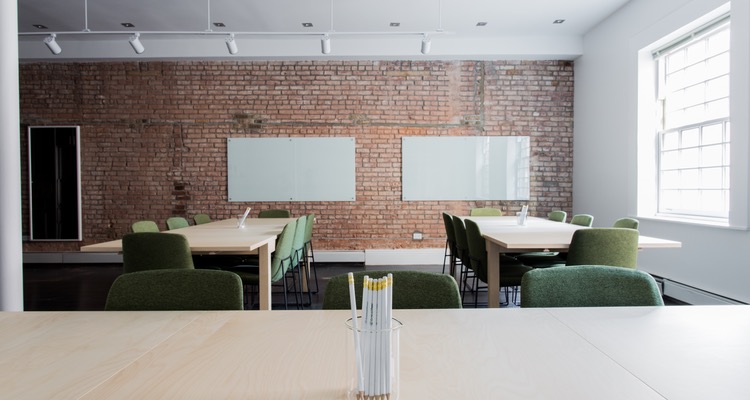
Photo Credit: pexel
Across the United States, school has been canceled and all education has gone online. It doesn’t matter if your kids are in pre-school or at the university, they are now back home and the new buzzword across the nation is home schooling. In many cases, educators have been forced into emergency mode, offering courses online via Zoom or Skype, and relying on social media platforms like Facebook to connect with kids, parents and fellow educators.
It is totally uncharted territory, and it’s already fascinating to see some of the creative uses of social media, and how educators are responding to the new reality. Some are organizing “live” book readings over video, while others are coordinating virtual spirit weeks and encouraging students to learn new skills or explore new educational topics. With that in mind, here are a few ways that social media could transform the school experience forever, even after the coronavirus pandemic ends.
The “flipped classroom” model goes mainstream
One big change is that the “flipped classroom” model could now go mainstream. In the traditional classroom model, school days are for lectures and teacher presentations, and then kids do all their homework at, well, home. In the “flipped classroom” model – first made famous by the Khan Academy almost a decade ago – school days are for doing homework, while all lectures and presentations are viewed remotely at home. That’s what is happening now, right? There’s a new Zoom culture emerging, in which teachers are turning into video stars. With help from social media to connect with kids on a 24/7 basis, it’s easy to see how this trend of teacher video delivery will linger on, even after coronavirus.
More debate over the value of a university education
If you’re a parent paying tens of thousands of dollars each year to send your teenager to an expensively priced university, you must be having some serious doubts right about now. Across America, university campuses are empty, and students are returning home. Sure, they can complete some coursework online, but is that really worth the price of what you’re paying each year? The whole value-added of a university experience comes from interacting with professors 1-on-1, living in a dormitory, participating in extracurricular activities, dining in university dining halls, playing intramural or varsity sports, and maybe joining a fraternity or sorority. All of that is now out the window with coronavirus. So is the price of a University of Pennsylvania, Temple or Drexel education still worth it? Most likely, we’ll see the continued emergence of private online learning platforms like Coursera or edX, as well as broader acceptance of online course credit, even at the nation’s most prestigious universities.
The emergence of a new “educational” social network
If you think about it, each of the major social networks has carved out a niche. Facebook is for connecting with friends and family, Twitter is for following breaking news, Instagram is for following celebrity influencers, and LinkedIn is for job searching and professional networking. But what is the “education” social network? For now, the clear choice is Facebook, mostly because it has the most users, and because it’s the platform that is most familiar to teachers, educators and parents. It’s hard to imagine a high school algebra teacher saying something like, “Hey, check out my new TikTok video if you have questions about homework.” So here’s a big idea – maybe we will see the emergence of a new social network that is specifically tailored to the needs of online education.
Final thought
Social media is already helping people cope with the end of traditional schooling, and it’s clear that social media platforms have a lot more to offer going forward. Instead of a “summer vacation” this year, educators will most likely be tasked with completely re-imagining the educational experience around social media for 2021 and beyond.